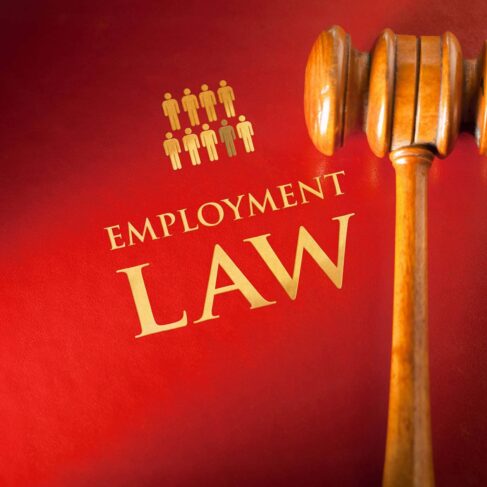Stay connected
Be the first to know about new programs, upcoming events, or other exciting opportunities happening at the University of Georgia by joining our mailing list.
About this course
What you’ll learn
You will learn the basics of the U.S. federal constitution, including the roles of the legislative, executive, and judicial branches, as well as the principles of judicial review and federal jurisdiction. You’ll explore the system of checks and balances, individual rights, and civil liberties protected by the Bill of Rights. The course will also cover the scope of federal and state powers, due process protections, and different approaches to equal protection. Additionally, you’ll examine theories of free speech, the First Amendment, and related doctrines such as symbolic conduct, freedom of association, and the Establishment Clause. Offered in partnership with CLS by BARBRI, the course aims to provide you with an understanding of the constitutional basis for protecting rights and the legal mechanisms for addressing violations.

Learning objectives
- Analyze the foundational principles of the U.S. Constitution, including federalism, separation of powers, and judicial review, to explain the scope and limitations of legislative, executive, and judicial authority at the federal and state levels.
- Differentiate between substantive and procedural due process and evaluate their application in protecting individual liberties against governmental action.
- Apply the varying standards of equal protection (traditional vs. new approach) to classify groups and fundamental rights, determining the constitutional validity of government distinctions.
- Assess the scope and limitations of the First Amendment’s protection for freedom of speech and association, interpreting doctrines such as clear and present danger and symbolic conduct in various contexts (e.g., commercial speech, political speech, defamation).
- Examine the Establishment Clause and Free Exercise Clause, distinguishing their implications for government aid to religious institutions, religious practices in schools, and other public settings.
- Determine the applicability of the state action doctrine and explain the extent of Congressional power to enforce civil rights under the Thirteenth, Fourteenth, and Fifteenth Amendments.
Continuing Education Information
Students will be expected to spend an average of 10 hours per week reading and completing writing assignments. Please note that extensions will not be granted for this online course. 70% is the minimum passing score on all tests and assignments for this course. Students may consider working ahead in the curriculum if they have the time. Coursework in Constitutional Law is equivalent to 45 clock hours of study.
Requirements & policies
Prerequisites
Successful completion of Paralegal I and II, or equivalent, or experience.
Textbooks
Required textbooks for this course:
- Constitutional Law in a Nutshell, most recent edition, St Paul: West Group by Barron & Dienes.
Highly Recommended Legal Resources:
- WESTLAW, legal research access, available for the duration of the course for only $89. Order Online Now
- Gilbert Pocket Size Law Dictionary, 3rd Edition. West Academic.
Prices, course details, dates, and times are subject to change.
Contact us + FAQs
FAQs
View the most frequent questions asked by our learners
Financial and Military Assistance
Find out which programs are eligible for assistance
Accommodations
View our accommodation policy





